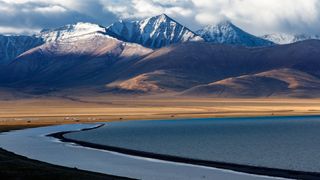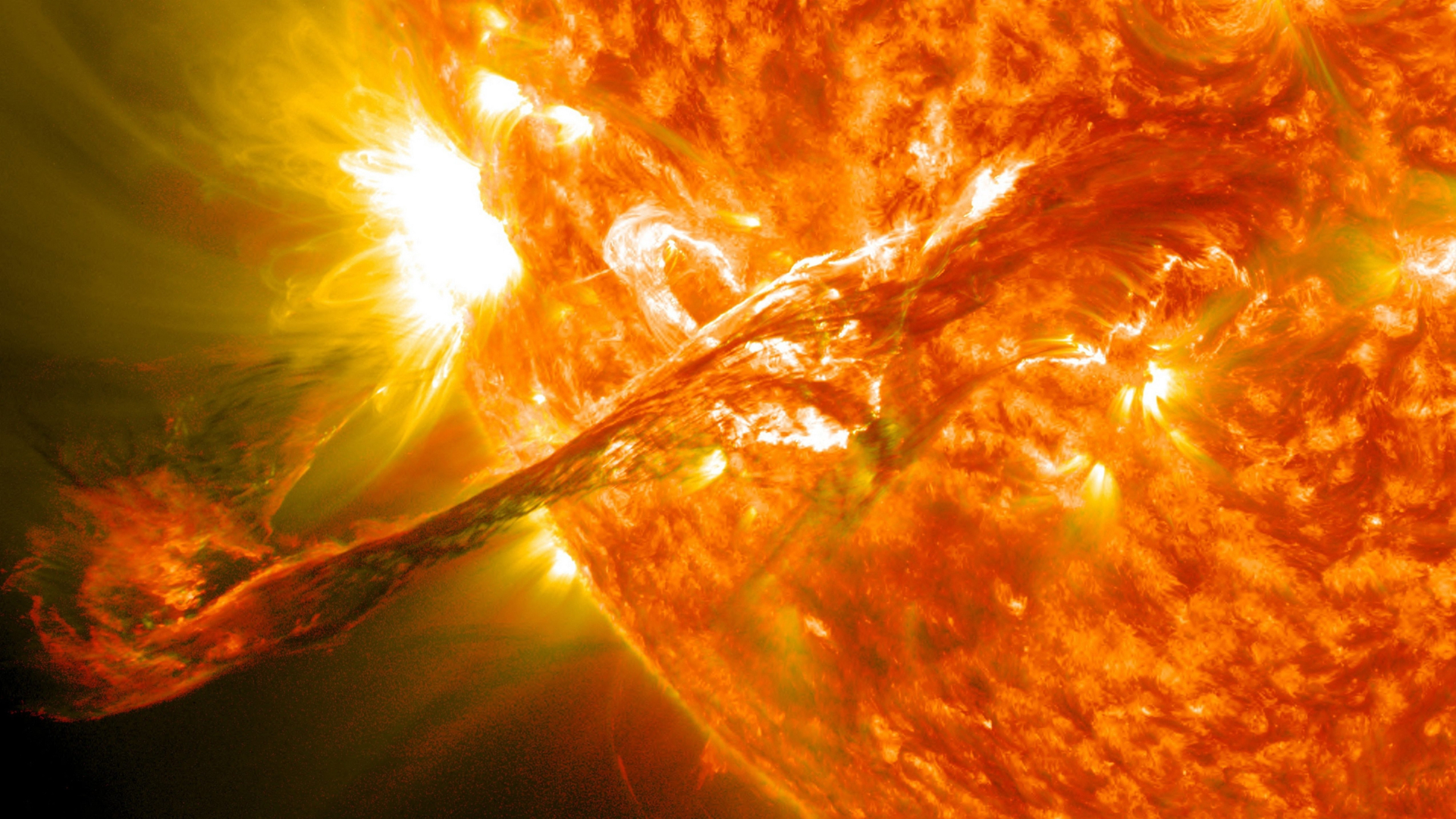Science News: Recent scientific discoveries and expert analysis
Read the latest science news and recent scientific discoveries on Live Science, where we've been reporting on groundbreaking advances for over 20 years. Our expert editors, writers and contributors are ready to guide you through today's most important breakthroughs in science with expert analysis, in-depth explainers and interesting articles, covering everything from space, technology, health, animals, planet Earth, and much more.

Explainers | Everything you need to know about the science news that matters.

Science Spotlight | Shining a light on new science transforming our world.
Latest news
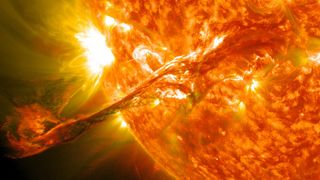
Solar flares may be triggering earthquakes, controversial study claims
By Kenna Hughes-Castleberry published
Researchers have proposed that changes in Earth's ionosphere could trigger electrical forces that nudge fragile areas of the crust into creating an earthquake.

Saturn's largest moon may actually be 2 moons in 1 — and helped birth the planet's iconic rings
By Harry Baker published
A new study hints that Saturn's largest moon, Titan, was created around 400 million years ago, when two massive moons smashed into each other. This hypothesis could also help to solve several other mysteries surrounding other moons and the planet's iconic rings.
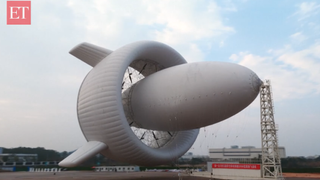
China launches world first 'megawatt-class wind power airship'
By Rory Bathgate published
A pioneering energy-generating device utilizes reliable wind speeds at an altitude of 6,500 feet (2,000 meters).
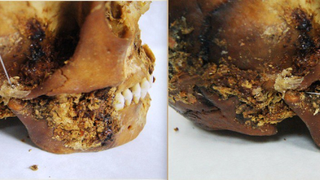
2,500-year-old 'primitive prosthetic' found on jaw of mummified Scythian woman who survived complex jaw surgery
By Kristina Killgrove published
Researchers used CT scans to peer inside a partially mummified skull and discovered the woman survived jaw surgery 2,500 years ago.
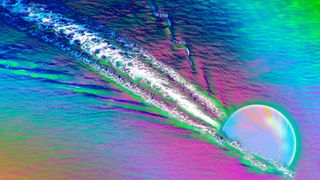
Physicists recreated the first millisecond after the Big Bang — and found it was surprisingly soupy
By Andrey Feldman published
Scientists saw a quark plowing through primordial plasma for the first time, offering a rare look at the first moments after the Big Bang
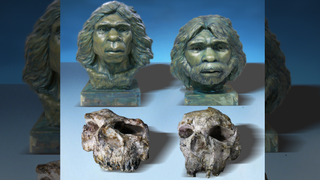
'Absolute surprise': Homo erectus skulls found in China are almost 1.8 million years old — the oldest evidence of the ancient human relatives in East Asia
By Sophie Berdugo published
A new date for Homo erectus skulls found in central China provides new insight into how and when ancient human relatives reached eastern Asia.
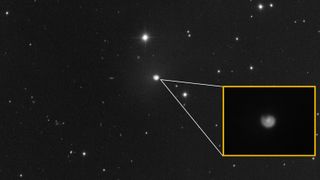
City-size, cold-volcano comet transforms into a glowing 'snail shell' after major explosive outburst
By Harry Baker published
Following a massive cryovolcanic eruption, the mysterious Comet 29P/Schwassmann-Wachmann has been morphed into a giant spiral and is now shining 100 times brighter than normal.
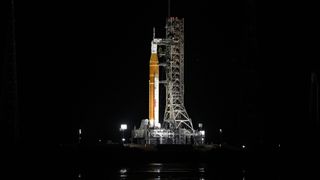
NASA starts countdown clock for second Artemis II wet dress rehearsal after rocky first attempt
By Patrick Pester published
NASA will attempt to fuel its Artemis II rocket again tomorrow after hydrogen leaks derailed the first wet dress rehearsal and delayed what is scheduled to be a historic crewed flight around the moon.
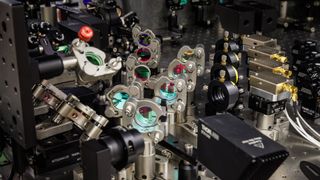
Microsoft can now store data for 10,000 years on everyday glass thanks to laser breakthrough
By Keumars Afifi-Sabet published
Improvements to data writing and reading techniques, alongside a new way to store data, mean the technology is more accessible than before.
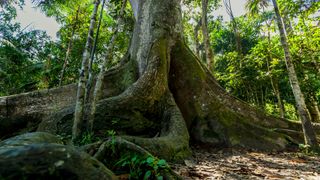
The biggest trees in the Peruvian Amazon store the most carbon — and they also face the greatest threat from humans
By Brian Owens published
The Amazon's biggest trees store disproportionately more carbon than smaller trees do, new study finds. But in the Peruvian Amazon, large trees are currently prioritized for harvest.
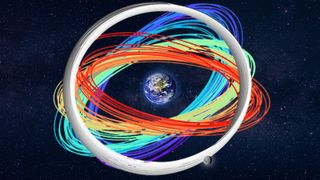
Supercomputers simulated the orbits of 1 million satellites between Earth and the moon — and less than 10% survived
By Harry Baker published
Researchers used a pair of powerful supercomputers to simulate the potential trajectories of 1 million satellites in a cislunar orbit between Earth and the moon. Less than 10% of these orbits remained stable throughout the simulations, but this is not as disastrous as it may sound.

Research group claims preeclampsia doomed the Neanderthals, but experts say it's just a 'thought experiment'
By Kristina Killgrove published
Preeclampsia, a complication of pregnancy that involves high blood pressure, could have led to a decline in Neanderthals' fertility, a new study suggests.
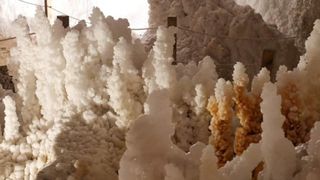
Missing megaflood: How did the Mediterranean transform from a salt-filled bowl to a deep sea if it wasn't a cataclysmic deluge?
By Dana Mackenzie, Knowable Magazine published
Researchers have long believed that a sudden, massive deluge filled a dry, salt-filled Mediterranean 5 million years ago. Turns out that probably didn't happen, but there was still drama aplenty.
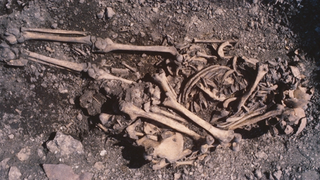
5,500 years ago, a teenage girl was buried with her father's bones on her chest, new DNA study reveals
By Kristina Killgrove published
A novel DNA analysis of skeletons excavated from a Neolithic hunter-gatherer cemetery in Sweden has revealed surprising family relationships.
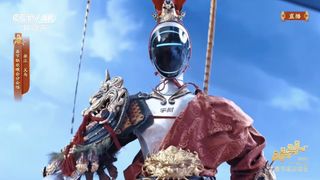
Humanoid robots show off creepily impressive kung-fu moves during Lunar New Year festival in China
By Keumars Afifi-Sabet published
Improvements to the AI that powers Unitree's H2 and G1 humanoid robots, alongside mechanical upgrades, have resulted in a dazzling kung-fu demonstration.
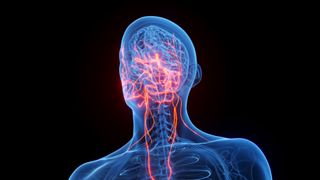
Sleep deprivation harms the gut via the vagus nerve, early study reveals
By Sahana Sitaraman published
New research reveals that sleep deprivation sends aberrant signals through the vagus nerve, triggering a serotonin surge that can kill gut stem cells.
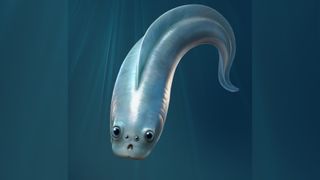
Our adorable, noodle-like ancestor had 4 eyes, half-a-billion-year-old fossils reveal
By Patrick Pester published
The earliest recorded vertebrates had four eyes to escape predators in the ancient Cambrian ocean, according to half-a-billion-year-old fossils from China that shed light on our evolutionary origins.
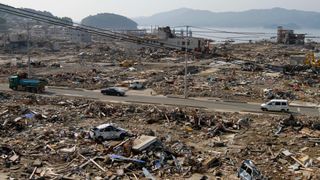
Hidden slippery clay on seafloor may have worsened devastating 2011 tsunami in Japan
By Stephanie Pappas published
A thick layer of slippery clay on the ocean floor may have formed the weak spot that enabled a magnitude 9.1 quake to make such a devastating tsunami.
Get the world’s most fascinating discoveries delivered straight to your inbox.
 Live Science Plus
Live Science Plus












